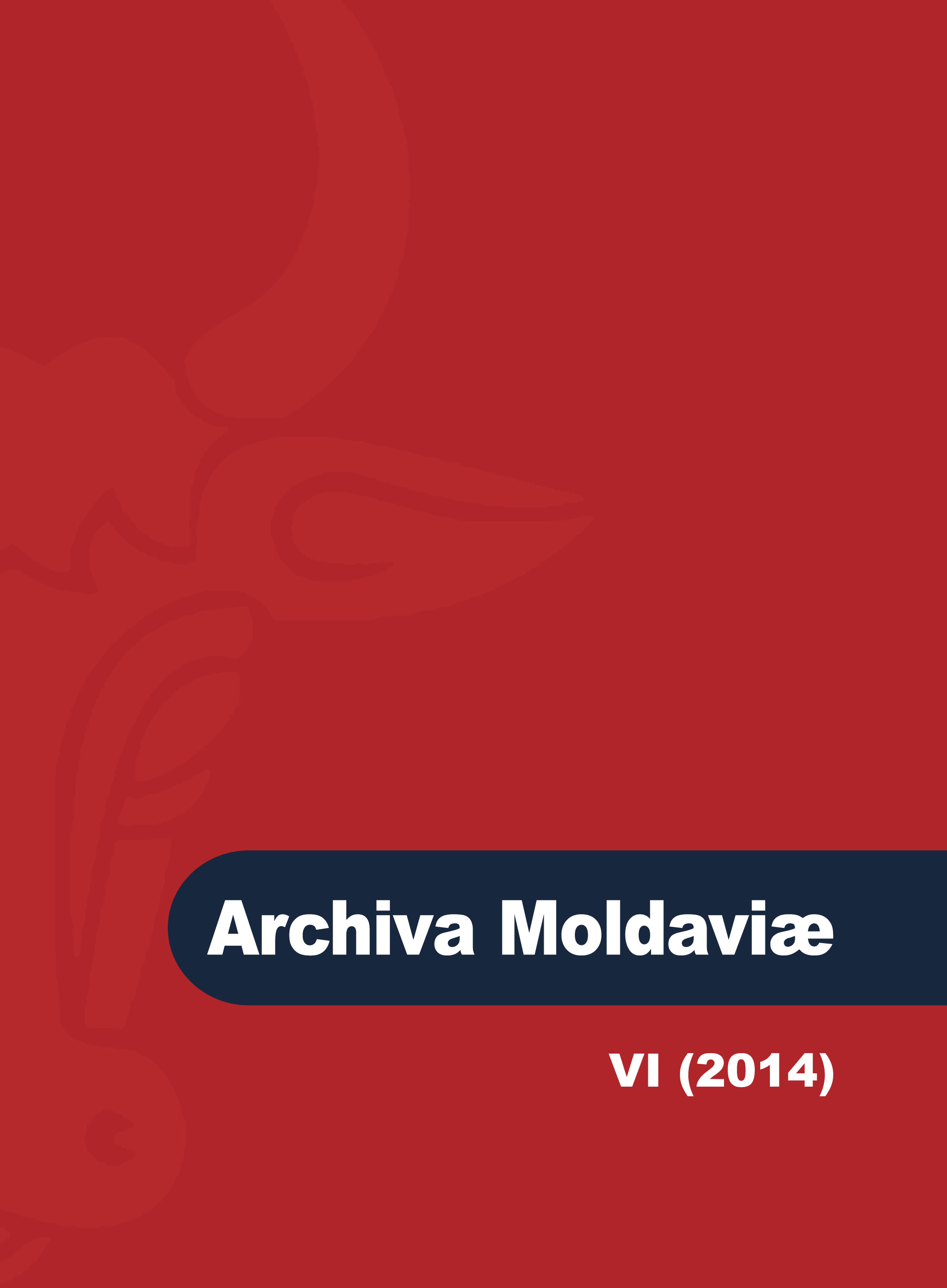Plagiatul lui Alin Mureşan
Alin Mureşan´s Plagiarism
Author(s): Mircea StănescuSubject(s): History, Special Historiographies:, Post-War period (1950 - 1989)
Published by: Societatea de Studii Istorice din România
Keywords: Plagiarism; Alin Mureşan; communist “reeducation”; historian´s ethics; scientific integrity; The Institute for the Investigation of Communism Crimes; communism history and memory in Romania.
Summary/Abstract: Our study is about the case of Alin Mureșan, researcher at the Institute for the Investigation of Communism Crimes in Bucharest, author of the volume Piteşti. Cronica unei sinucideri asistate [Pitesti, the Chronicle of an Assisted Suicide], who plagiarized our works on the reeducation, especially Procesele reeducării (1952-1960) [The “Reeducation” Trials], Bucharest, publishing house: Editura Fundaţiei Culturale “Memori” / Matrix Rom SRL, (October) 2008 and Reeducarea în România comunistă (1945-1952). Aiud, Suceava, Piteşti, Braşov [The “Reeducation” in Communist Romania (1945-1952). Aiud, Suceava, Piteşti, Braşov], Iaşi, publishing house: Polirom, (January) 2010. We identified several takeovers in contradiction to the scientific ethics, some of them bordering plagiarism, without being a specific case of plagiarism (e.g.: archive and bibliography references, in two forms, identical and exclusive, or others being added in order to cover the theft). Here, we publish only the fragments of specific plagiarism (cribs without specifying the source in page footer, when it is about ideas, concepts, chronology, thematic or wordings that are typical to an author). We subjected the case to the assessment of three persons with a reputation in the subject matter. They are the former dissident and writer Paul Goma, the political scientist and former editor of the North-American magazine ”East European Politics and Societies” Vladimir Tismăneanu, and Florian Banu, historian and researcher at the National Council for the Study of Security Archives, who analyzed, independently one from the others, our allegations. The three members of this commission took an unequivocal position, deeming that it is a case of massive, brutal and systematic plagiarism of our works. Before bringing the case to public knowledge, I notified the theft author, who –and this is significant– refused to answer. Finally, when the case became public, as a reaction strategy from the same register as his plagiarism itself, he and his associates claimed that I am jealous of his public success and suggested that my accusations were pathological in nature. An issue of Romanian context: instead of being penalized by the management of the institution where he is working, the author of the theft became later head of one of it departments.
Journal: Archiva Moldaviae
- Issue Year: VI/2014
- Issue No: 6
- Page Range: 555-589
- Page Count: 35
- Language: Romanian

